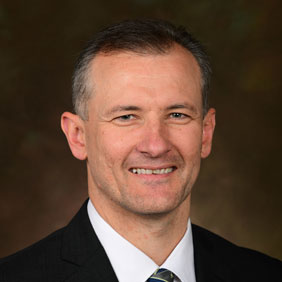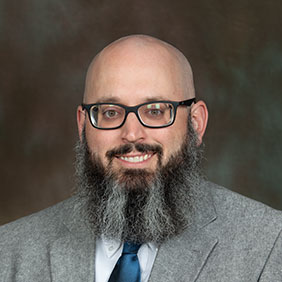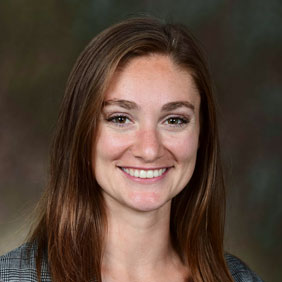About the BS in Civil Engineering Degree
Why Study Civil Engineering at Cedarville?
Ready to pave the way for a better future as a civil engineer? Cedarville's Bachelor of Science in Civil Engineering (BSCE) program is designed to prepare you for a fulfilling career in the dynamic world of civil engineering. You'll gain the knowledge and practical skills you need to succeed in various in-demand fields and be equipped to use your vocation for Kingdom impact.
As a civil engineering major, you'll benefit from up-to-date facilities, experienced faculty, and vast scientific and engineering resources. Whether laying the foundation through lectures or putting engineering into practice with design projects and laboratory exercises, you'll receive an excellent education that's grounded in biblical truth. When you graduate, you'll be ready for a successful career in civil engineering and ready to impact communities and shape the world around you for Christ.
Request Info VisitWhat Sets Cedarville Apart?
-
Biblical Worldview
The Bible is the authority for research and study in every class you'll take. -
Mentoring Christian Faculty
You'll be taught by highly-credentialed professors who want you to succeed. -
Exceptional Facilities
You'll learn and practice your discipline in state-of-the-art facilities.
Program Overview
Program Format and Related Programs
Cedarville offers graduate and undergraduate programs with flexible completion options. You may also want to consider these related programs as you choose the degree or program that is the best fit for you.
Related Programs
Program Level and Format
- Undergraduate
- 4-Year
- Residential

Program Faculty


David Dittenber, PhD
Assistant Dean, Professor of Civil Engineering, Head of Civil EngineeringContact
- CEC 203
- 937-766-8029


Program News
-

Safer Roads Start with Smarter Engineering
Cedarville civil engineering professor Dr. Hema Jayaseelan is transforming bridge safety through real-time data modeling. Her award-winning research is helping DOTs predict pre-stress losses more accurately and may soon inform national infrastructure design standards. -

Engineering Students Bridge Town and University Ties
Cedarville University civil engineering students are partnering with village leaders to improve infrastructure and community life. Their senior capstone projects are fostering connection, revitalizing the town and serving as a model for town-gown collaboration.


















